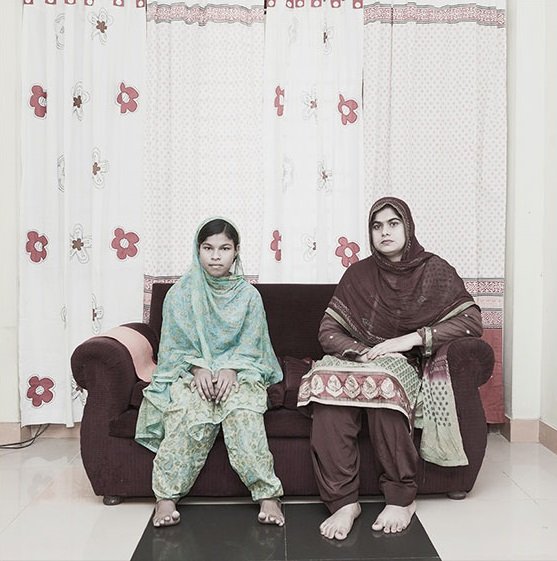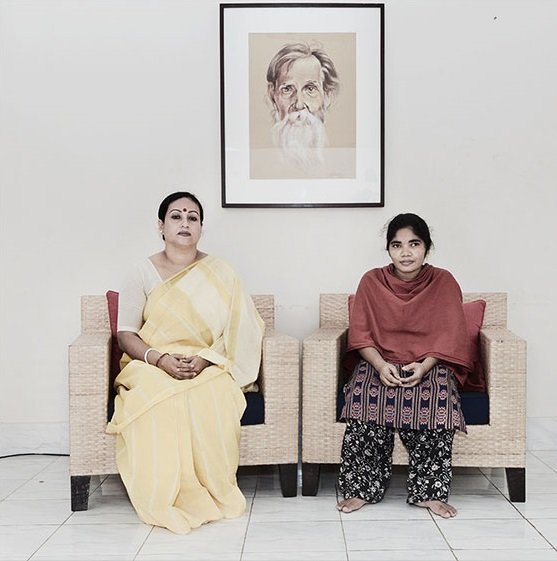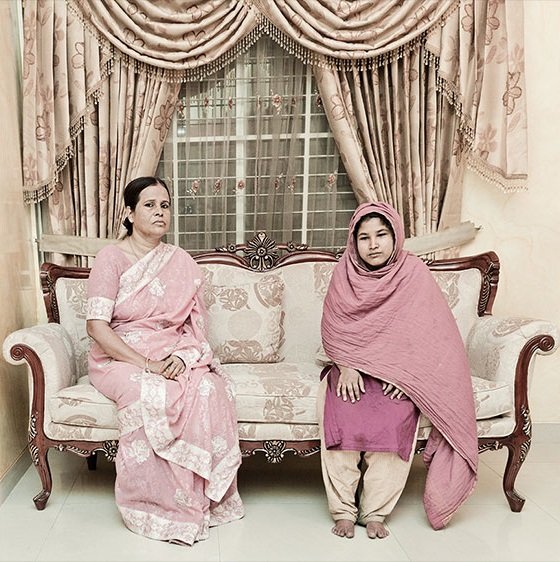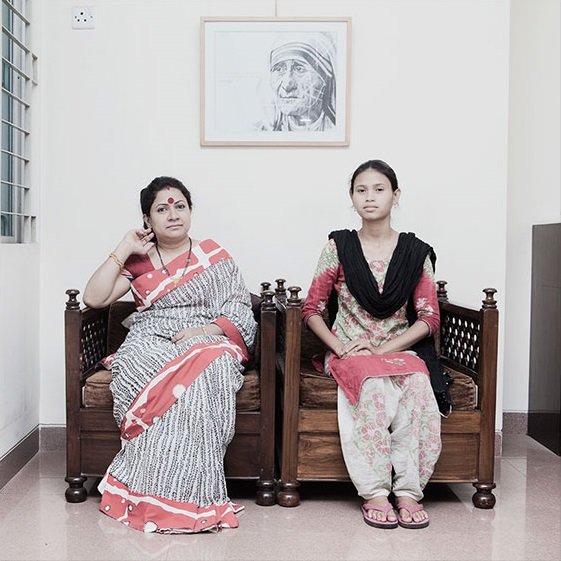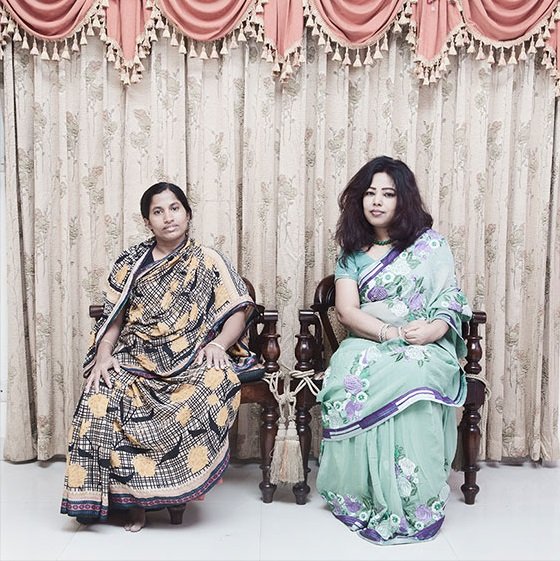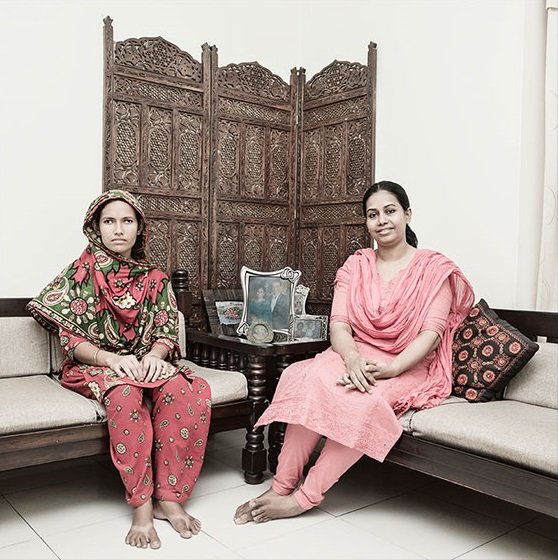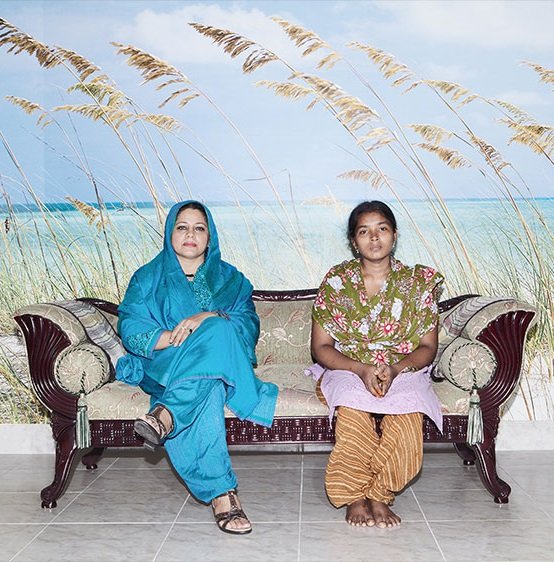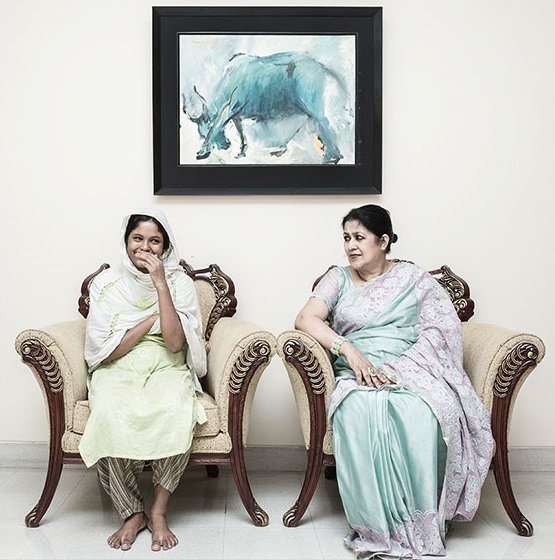Bangladesh –
Historically, domestic servants worked (only) for food and lodging in better-off homes of predominantly rural eastern Bengal. The introduction of wage labour during the British colonial period gradually led to the introduction of wages for domestic service, but even now, after twice-achieved national independence (1947, 1971), no minimum wage has been fixed by the government for those in domestic service (full time, part time), nor weekly holidays, nor working hours per day, particularly for those working full time. There is no public discourse around this issue either.
Manservants are now rare, domestic service is largely performed by women. Although housewives, i.e., the mistress of the home, too, perform domestic work, class distance, especially in urban, middle class homes, are insurmountable. While maidservants make the bed and dust the sofa day in and day out, they are not expected to sit or lie on them. 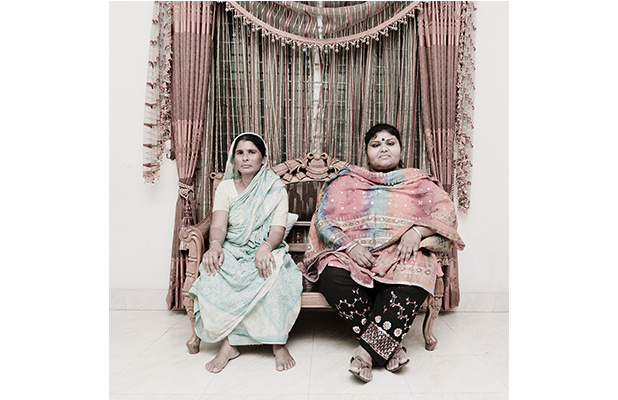
I approached urban, middle class housewives and told them that I wanted to take their portraits together with their housemaid, seated on the drawing room sofa. Through my work I want to break the `spatial’ taboo in urban middle class homes which is basically a class taboo. Although the mistress and the housemaid inhabit the same domestic space, their social and economic privileges, and their ideological worth are poles apart.
Through my work I want to explore the possibility of creating bonds of intimacy among women who, according to dominant norms, are unequal, norms which we ourselves internalise. Even though the duration of this closeness is small, and an occasion as rare as a photographer intruding, and taking photos, will not do away with class distinctions since they are deeply embedded, I am a believer in the reformist power of photography.
I like to think that my work will help us reflect on the need to change domestic relationships, which are not `natural’ but social and historical.
Written & Photography by Jannatul Mawa
